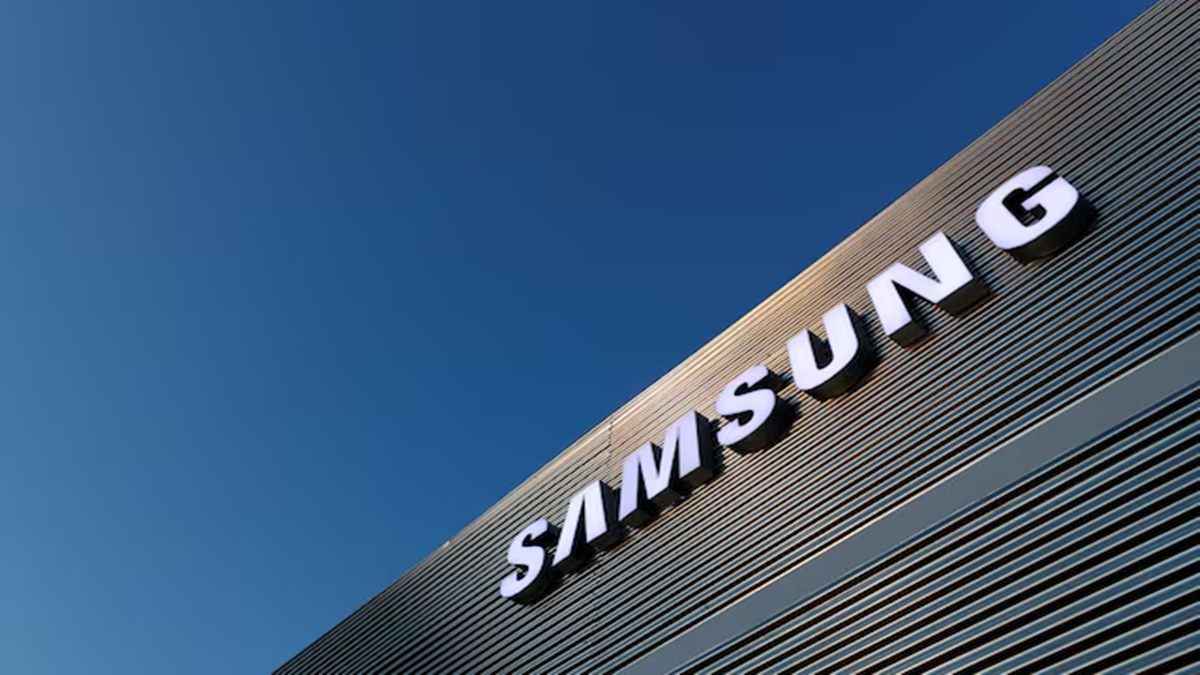India has recently imposed a staggering $601 million penalty on Samsung and its executives for alleged tax evasion related to the importation of crucial telecommunications equipment. This latest demand marks one of the most significant tax claims against a foreign corporation in recent years, reflecting India’s increasing scrutiny of multinational companies operating within its borders. The penalty represents a major reduction from Samsung’s net profit of $955 million in the previous year, raising concerns about its future operations in the country.
Tax Evasion Allegations
The Indian government has accused Samsung of dodging tariffs that range from 10% to 20% on essential transmission components used in mobile towers. This incident first came to light when customs authorities issued a warning in 2023 regarding Samsung’s misclassification of imported goods. These components were reportedly sold to Reliance Jio, a telecom powerhouse owned by billionaire Mukesh Ambani.
Despite Samsung’s attempts to persuade Indian tax officials that these components should not incur tariffs—arguing that the classification had been known for years—the government disagreed. A confidential order dated January 8 confirmed that Samsung had acted in violation of Indian customs laws.
Serious Charges Against Samsung Executives
According to Sonal Bajaj, a commissioner of customs, Samsung is accused of "knowingly and intentionally presenting false documents" to facilitate the clearance of these goods. The investigation revealed that the company had prioritized profit over ethical business practices, leading to a demand for 44.6 billion rupees (approximately $520 million) in unpaid taxes and penalties.
Furthermore, seven executives from Samsung in India face fines totaling $81 million. Among those named are Sung Beam Hong, the vice president of the network division, and Dong Won Chu, the Chief Financial Officer. This legal battle highlights the increasing pressure foreign companies may face in the Indian market.
Samsung’s Response and Future Actions
In a statement, Samsung expressed its commitment to complying with Indian laws and indicated that it is exploring legal avenues to contest this ruling. The company emphasized that the dispute centers around the interpretation of customs classifications, which they believe justifies their actions.
The Indian customs authority and the finance ministry have not commented on the ongoing situation, nor has Reliance Jio responded to inquiries regarding the matter.
Context of Increased Regulatory Scrutiny
This case is part of a broader trend where India is tightening its regulations on foreign companies and their imports. For instance, Volkswagen is currently embroiled in a legal dispute with the Indian government over a $1.4 billion tax claim relating to misclassified car parts. Such developments have raised concerns among foreign investors about the stability and predictability of the tax environment in India.
The Remote Radio Head Controversy
The investigation into Samsung commenced in 2021 when tax inspectors conducted searches in its offices located in Mumbai and Gurugram. They seized various documents and electronic devices during this operation. The core of the dispute revolves around the Remote Radio Head, a critical component in 4G telecommunications systems.
Between 2018 and 2021, Indian officials discovered that Samsung had not paid any taxes on $784 million worth of these components imported from Korea and Vietnam. While Samsung maintains that the component does not serve as a transceiver and therefore should not be subject to tariffs, tax officials have countered this claim with evidence from previous correspondence in which Samsung described the component as a transceiver, thus acknowledging its taxable status.
As this complex legal battle unfolds, it raises significant questions about the future of Samsung in India and the broader implications for foreign companies operating in the region.











